Seniors who want to age gracefully and peacefully in the comfort of their own homes depend on home care services to support and care for them. As people age, they may have a variety of physical, cognitive, and emotional difficulties that can make managing everyday activities and duties independently more challenging. In such situations, home care help provides a valuable option by assuring individualized and qualified care that enhances older individuals’ quality of life and well-being. This introduction attempts to shed light on the significance of senior home care help, highlighting its capacity to improve their autonomy, safety, and general happiness while also relieving the strain on their relatives and loved ones.
1. Independence and Dignity
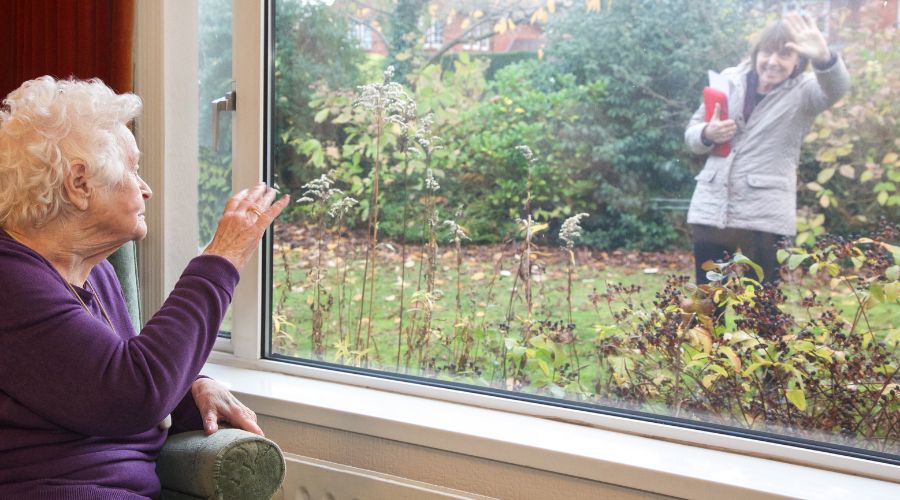
Seniors may feel a loss of independence as they become older, which can be emotionally difficult. Seniors’ autonomy and dignity must be upheld and supported so that they can continue to live as independently as possible. Home care aid understands the value of this. Carers encourage independence while offering the necessary support and help by encouraging a sense of empowerment in their charges and respecting their decisions. Helping elders make their own decisions and stay actively involved in their everyday life is one of the key aims of home care help. In order to respect each senior’s unique requirements and aspirations, carers take the time to learn about their preferences, desires, and ambitions. This personalized approach allows seniors to retain a sense of control and agency over their lives, promoting their overall well-being.
2. Safety and Security
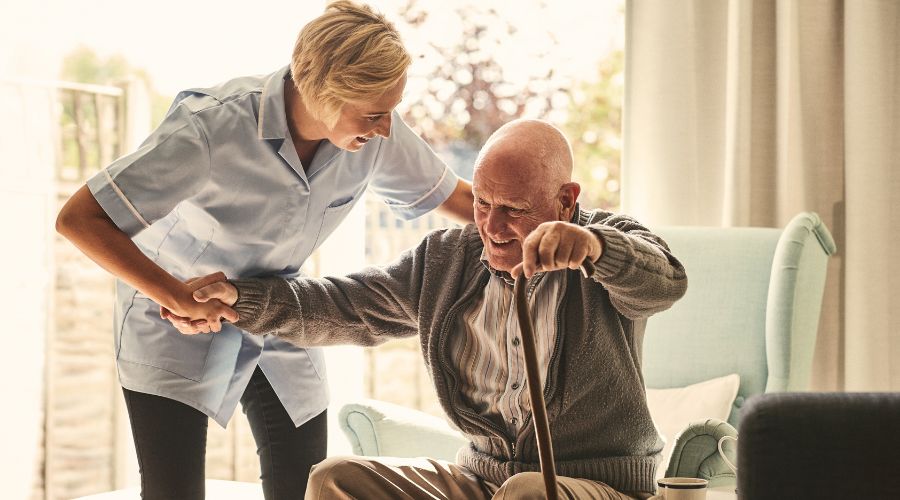
Due to their aging-related weakness and health issues, seniors frequently have a higher risk of accidents, falls, and medical emergencies. Seniors and their families benefit much from home care support because it promotes seniors’ well-being, ensures their safety and security, and gives them and their families peace of mind. In order to reduce the chance of accidents, carers are educated to recognize potential hazards in the house and put safety measures in place. They conduct in-depth analyses of the living area, searching for any potential trip hazards like sagging carpets or congested walkways, and making the necessary adjustments to make it safer. Caregivers also ensure that necessary safety equipment, such as grab bars in the bathroom or handrails on staircases, is in place to support seniors’ mobility and prevent falls.
3. Companionship and Emotional Support

Seniors frequently worry about social isolation and loneliness, which can be harmful to their mental and emotional health. The value of friendship and social interaction in fostering a positive outlook and general satisfaction in seniors’ life is acknowledged by home care support. In addition to giving elders physical assistance, carers place a high value on developing deep relationships with them and supporting them emotionally. Engaging seniors in meaningful interactions and conversation is one of the main responsibilities of carers. They take the time to listen attentively, allowing seniors to share their thoughts, experiences, and concerns. By actively engaging in conversations, caregivers provide a sense of connection and companionship, helping to alleviate feelings of loneliness and isolation. These interactions foster a sense of belonging and contribute to the overall mental well-being of seniors.
4. Medication Management

Seniors may require adherence to numerous medications and dosage schedules as part of complex treatment regimens. Seniors’ health and well-being are promoted by home care assistance’s vital role in providing correct medication administration for them. The risk of medication errors is reduced, and treatment outcomes are improved, thanks to carer training that teaches them how to support and help with chores involving medications. Giving seniors medication reminders is one of the main duties of carers. They can aid in creating a schedule and organizing a method for managing prescriptions, such as the use of pillboxes or other medication organizers. Caregivers ensure that seniors take their medications at the prescribed times, helping them stay on track with their medication regimen. By offering reminders and supervision, caregivers significantly reduce the likelihood of missed doses or incorrect medication intake.
5. Assistance with Activities of Daily Living (ADLs)
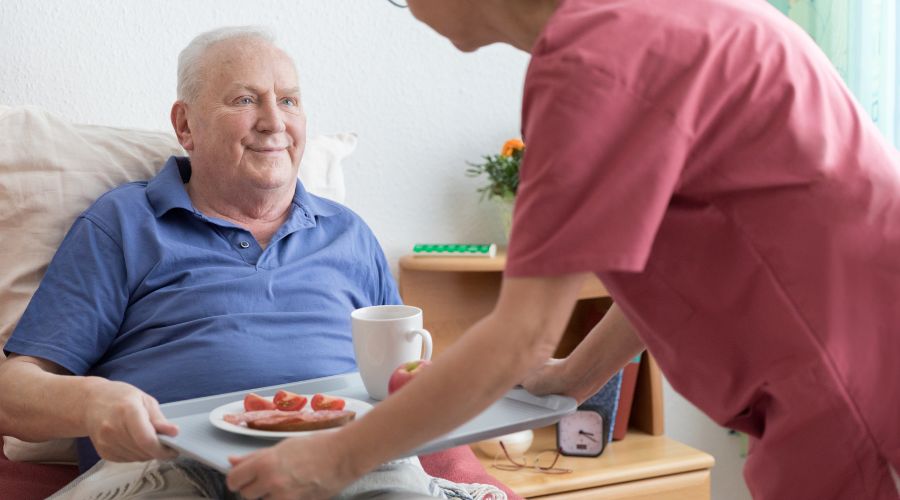
Due to physical restrictions, chronic diseases, or cognitive decline, many older persons struggle with daily living activities (ADLs). Seniors who receive home care assistance are better able to manage their personal hygiene, diet, and general well-being by receiving support and assistance with ADLs. Helping elders with their grooming and bathing is one of the main duties of carers. They can support elders in the shower, help with sponge baths, or assist with hair and grooming as they bathe, all while ensuring their safety. Caregivers are trained to respect seniors’ privacy and dignity, ensuring that they maintain their sense of independence and control while receiving the necessary assistance.
6. Respite for Family Caregivers
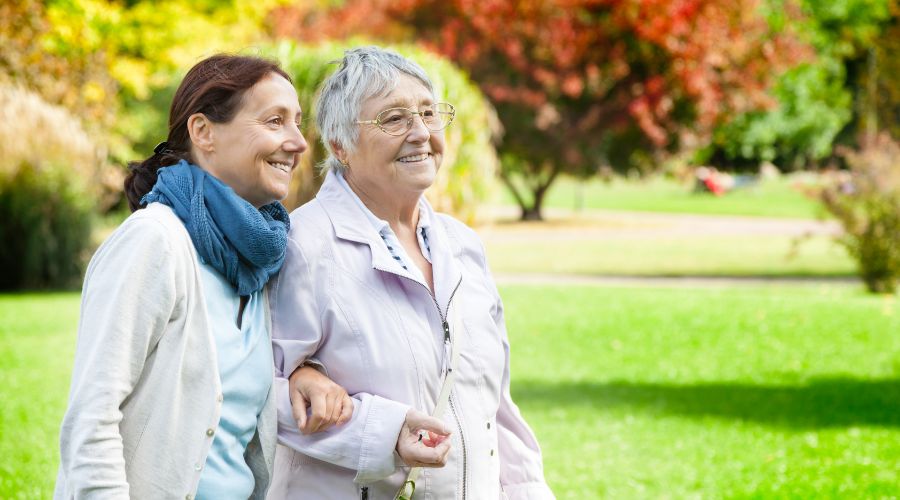
Although taking care of an elderly loved one can be enjoyable, there are also many problems and obligations involved. To address the requirements of their older family members, family carers frequently invest a lot of time and effort. However, their physical and emotional health may suffer due to the demanding nature of caregiving. This is where in-home care assistance gives family carers a much-needed break. Home care support enables family carers to take much-needed breaks and give themselves some much-needed downtime. Seniors can get care and assistance from carers, freeing up family members to follow their own hobbies, take time off work, and maintain a healthy work-life balance. These breaks are essential for preventing caregiver burnout, which can lead to exhaustion, stress, and a decline in the caregiver’s own health.
7. Continuity of Care

It is essential to provide a smooth transition of care to the senior home environment when they are released from hospitals or rehabilitation centers. Home care help is essential in ensuring continuity of care since it collaborates with the senior’s medical team and works closely with healthcare experts. Understanding the senior’s medical condition and any special post-treatment instructions offered by healthcare providers is one of the main duties of carers. This includes being knowledgeable about medications, therapy exercises, dietary restrictions, and any other necessary interventions for the senior’s recovery. Caregivers can collaborate with the medical team to ensure that the senior’s care plan is effectively implemented at home.
8. Cognitive Stimulation
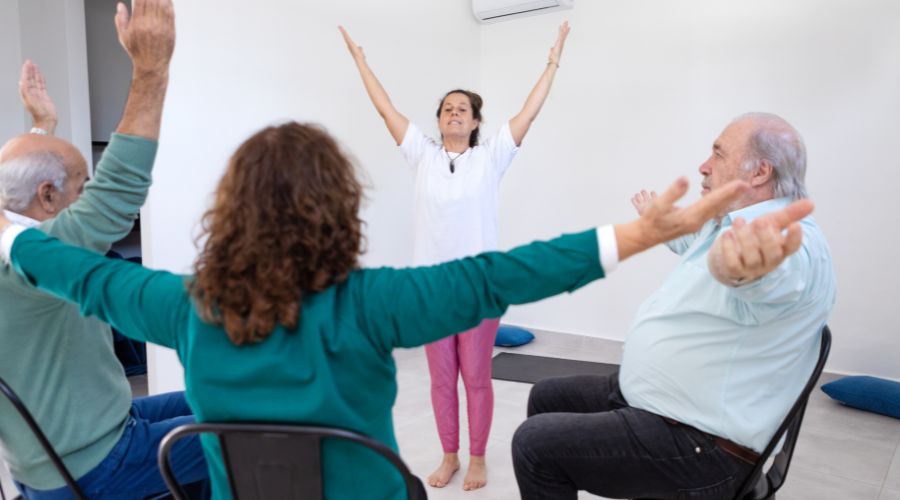
Seniors often worry about cognitive decline, such as memory loss or diminished mental acuity, especially if they have diseases like Alzheimer’s or dementia. The relevance of cognitive stimulation in preserving cognitive function and delaying cognitive decline is acknowledged by home care support. Seniors can participate in a range of activities that are catered to their interests and cognitive ability by their carers. These activities may include memory games, puzzles, reading, listening to music, engaging in conversations, or participating in hobbies. By regularly stimulating the brain, caregivers help seniors maintain mental acuity, improve memory retention, and enhance overall brain health.
9. Nutritional Support

Proper nutrition plays a vital role in seniors’ health and well-being. However, some older adults may face challenges with meal planning, grocery shopping, and cooking. Home care assistance includes support with meal preparation to ensure that seniors receive nutritious meals that meet their dietary needs and preferences. Caregivers can work with seniors and their families to create balanced meal plans, considering any dietary restrictions or health conditions. They can also assist with grocery shopping, ensuring that the kitchen is stocked with fresh and healthy ingredients. Caregivers may also help with meal cooking, ensuring that seniors have access to properly cooked and portioned meals, promoting optimal nutrition and overall health.
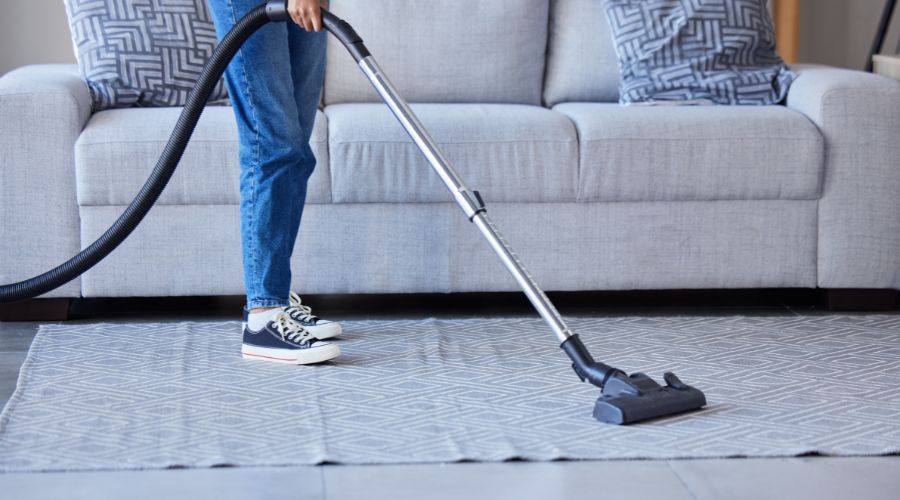
As seniors age, they may find it physically demanding or challenging to keep up with household chores and home maintenance tasks. Home care assistance can provide support with light housekeeping services to alleviate this burden. Caregivers can assist with tasks such as tidying up the living space, doing laundry, and light cleaning. They can also help with organizing belongings and decluttering the home environment, reducing the risk of accidents or falls. By ensuring that the living space is clean, organized, and hazard-free, caregivers create a safe and comfortable environment for seniors to thrive.
11. Transportation Assistance
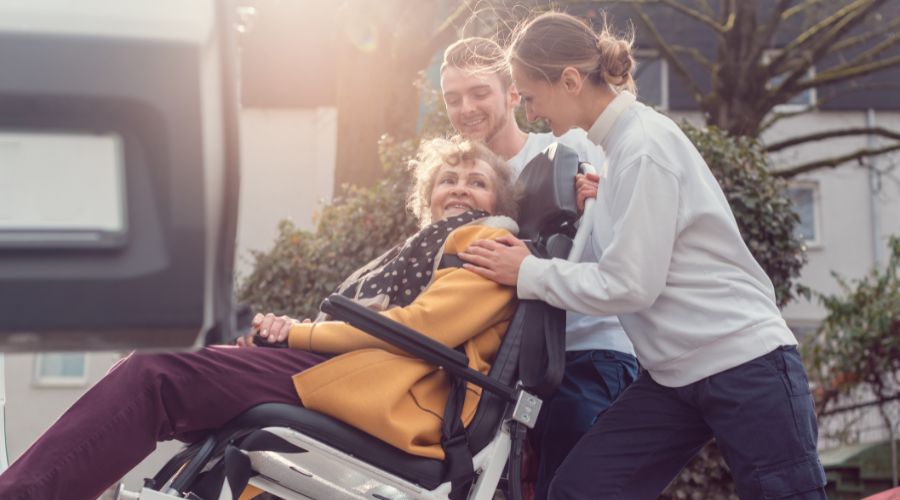
Mobility challenges are common among seniors, limiting their ability to drive or use public transportation independently. Home care assistance recognizes the importance of transportation for seniors to attend medical appointments, social engagements, and other activities outside the home. Caregivers can provide transportation services, accompanying seniors to various destinations. They can assist with getting in and out of vehicles, navigating stairs, and ensuring the senior’s safety during the transportation process. By providing transportation assistance, caregivers enable seniors to maintain an active and engaged lifestyle, attend necessary appointments, and participate in social activities, enhancing their overall well-being.
12. Personalized Exercise and Physical Therapy

For seniors to maintain their physical fitness, flexibility, and balance, regular exercise is imperative. The need for individualized exercise plans that are catered to each senior’s needs and capabilities is acknowledged by home care help. Seniors and their carers can work together to create individualized exercise programs that may include mobility, balance, and flexibility exercises as well as stretches and light strength training. They can offer direct help, assuring correct form and technique and lowering the chance of damage. Additionally, for specialized therapy sessions like recovery after surgery or injury, carers can collaborate with physical therapists. By incorporating personalized exercise and physical therapy into the care plan, caregivers help seniors improve their physical well-being, reduce the risk of falls, and maintain overall health and independence.
13. Palliative Care and End-of-Life Support

For seniors with advanced illnesses or those in need of palliative care, home care assistance provides crucial support in ensuring comfort, pain management, and emotional well-being. Caregivers work closely with hospice providers to deliver compassionate end-of-life care within the familiar surroundings of the senior’s home. They can assist with pain management techniques, medication administration, and emotional support, helping to alleviate discomfort and maintain dignity during this challenging time. Home care assistance also extends to the family, offering guidance and emotional assistance as they navigate the complexities of end-of-life care. By providing holistic care and support, caregivers enable seniors to spend their final days in a familiar and comforting environment surrounded by loved ones.
14. Enhanced Family Communication

Improved coordination and communication among family members providing senior care thanks to home care help. Carers provide an essential conduit between elderly patients, their families, and medical experts. They can offer frequent updates on the senior’s health, well-being, and any adjustments to their care requirements. Family members can receive critical information from carers, such as updates on medication, appointments with doctors, or worries about the senior’s health. This open channel of communication encourages cooperation and a sense of shared responsibility among family members by assisting them in staying informed and participating in the senior’s care. By facilitating enhanced family communication, home care assistance ensures that everyone is on the same page and can work together to provide the best possible care and support for the senior.
Conclusion
Support for senior citizens’ well-being and quality of life comes from home care help. Home care help guarantees that elders receive the appropriate amount of care that is suited to their unique needs, supporting their general well-being. Seniors are free to make their own decisions and choices while still receiving the help they need, maintaining their dignity and independence. Along with ensuring safety and security, companionship, and emotional support, home care assistance also helps elders manage their daily routines and medications. Additionally, it offers respite for family caregivers, promotes continuity of care, and enhances communication and coordination among family members. With its comprehensive and compassionate approach, home care assistance empowers seniors to age with comfort, dignity, and a sense of belonging within the familiar surroundings of their own homes.

